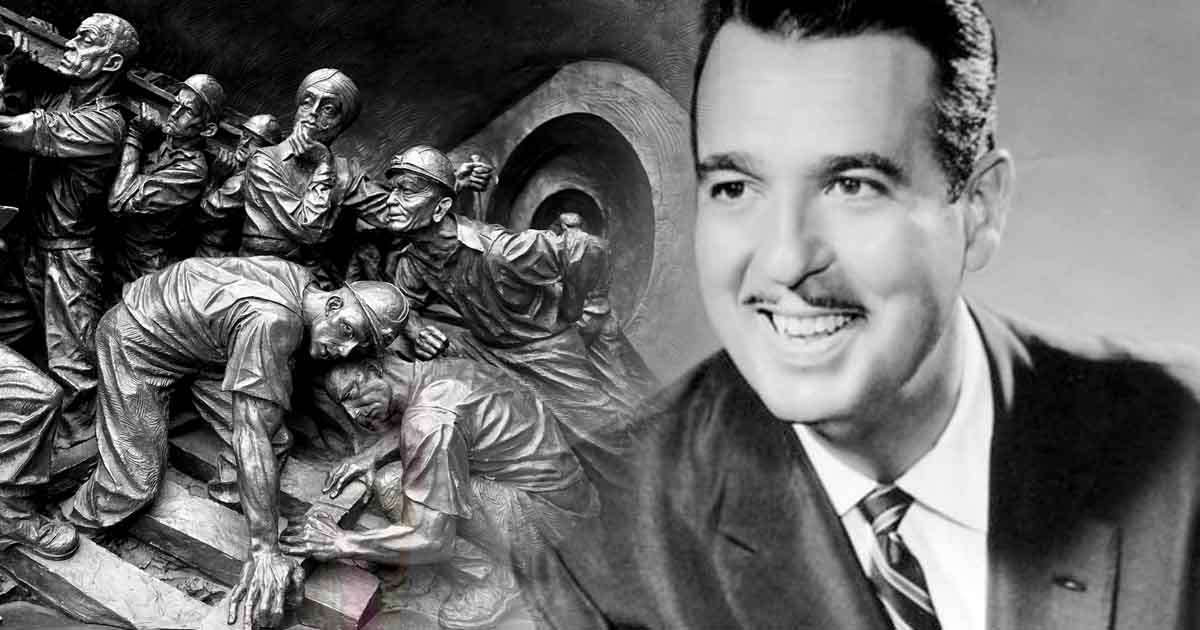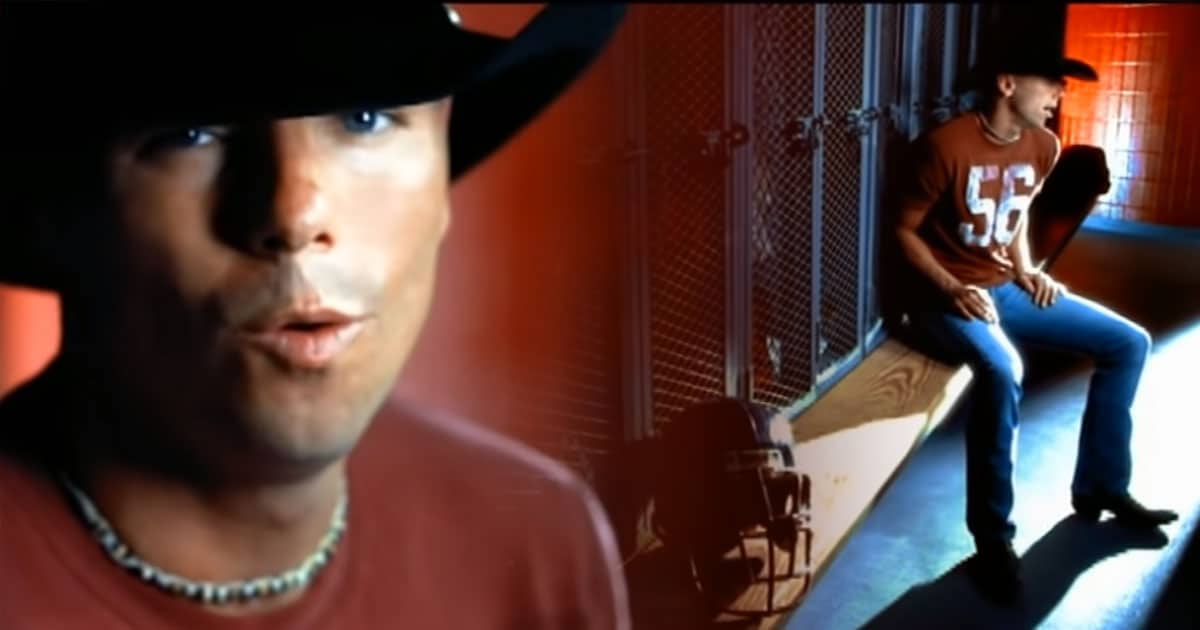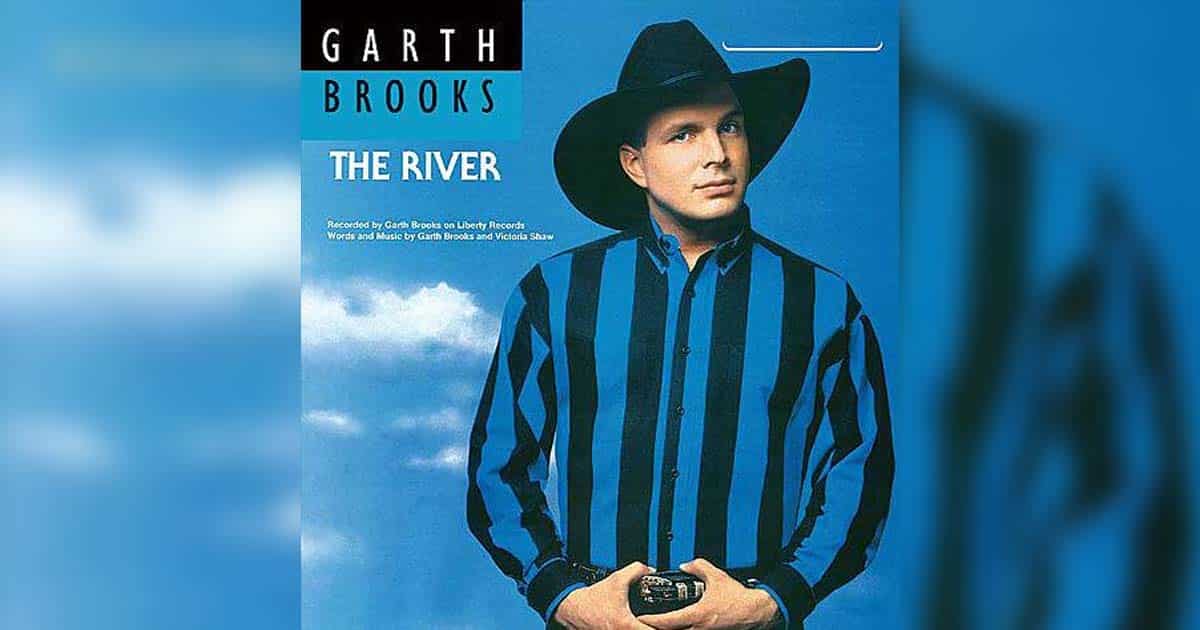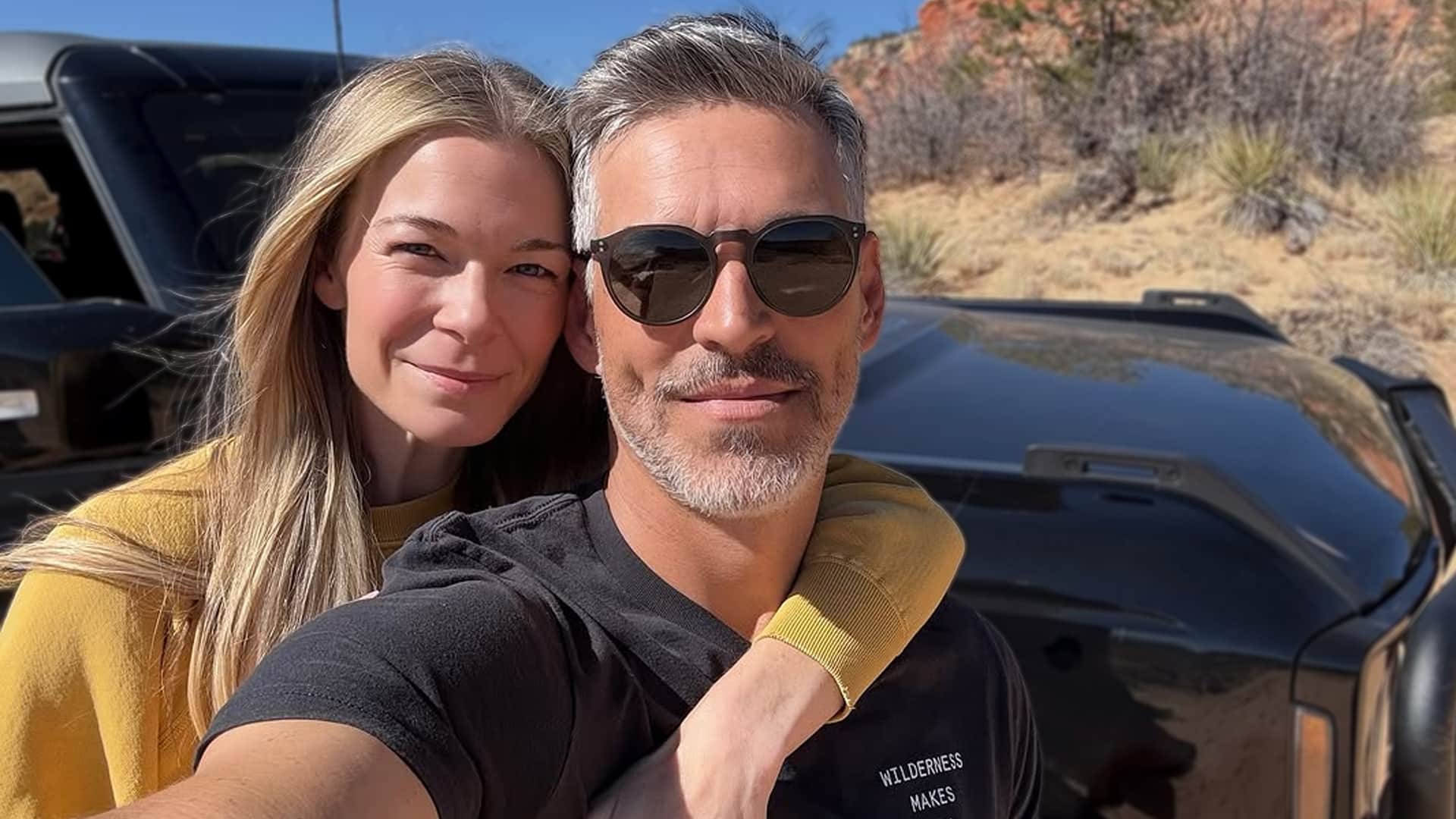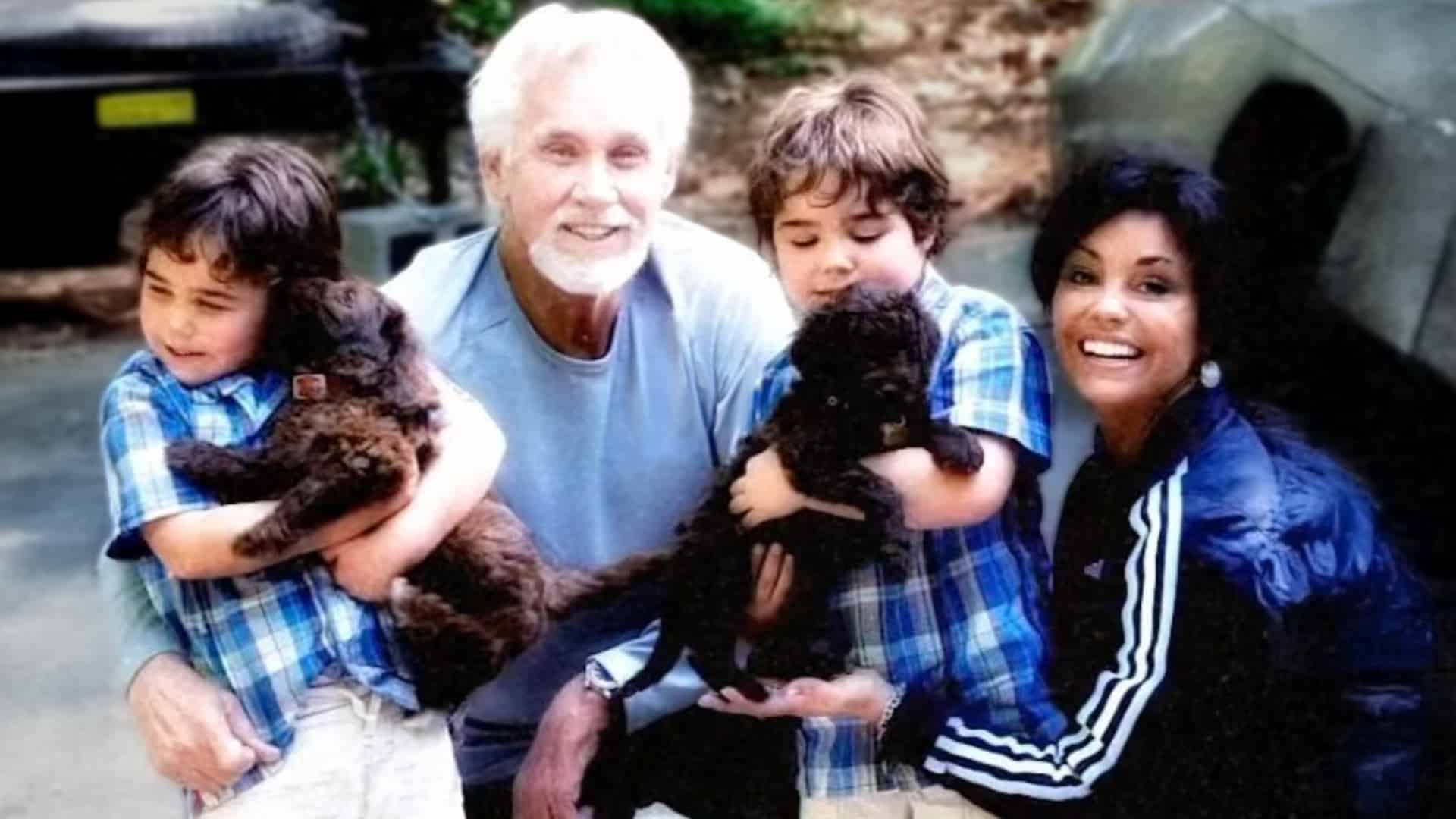In 1955, Tennessee Ernie Ford recorded “Sixteen Tons” as the B-side of his cover of Moon Mullican’s “You Don’t Have to Be a Baby to Cry.”
With the Tennessee native’s snapping fingers and a unique clarinet-driven pop arrangement, the song quickly became a million-seller. It held Billboard’s country music chart’s No. 1 position for ten weeks, then crossed over and held the No. 1 position on the pop music chart for eight weeks.
Moreover, Ford’s version was also the most successful, spending four weeks at No. 1 in the UK Singles Chart.
The Song Was Based on a True-to-Life Experience
Written by the country guitarist and songwriter Merle Travis in 1947, “Sixteen Tons” was based on the experiences of Travis’s coal-mining family.
Capitol Records once encouraged Travis to write a series of songs that would sound “folkly” for an album – something that would tap into the American folk music revival that was just beginning to take off. Travis then drew inspiration from his family back home in Ebeneezer, Kentucky.
His brother, John Travis, once wrote him a letter about the death of a war correspondent – Ernie Pyle – who had just been killed while covering combat. John compared Pyle’s job to that of a coal miner, and he wrote: “It’s like working in the coal mines. You load sixteen tons, and what do you get? Another day older and deeper in debt.”
Merle was struck with his brother’s words and incorporated it into the song’s chorus. Meanwhile, the other line from the chorus was inspired by a phrase Travis’ father – who was also a coal miner – would often say.
RELATED: Top 10 Songs From The Charismatic Country Star, Tennessee Ernie Ford
He remembered his father telling a neighbor, “I can’t afford to die. I owe my soul to the company store,” which Travis said was about the truck system and debt bondage.
Under the scrip system or the practice of paying miners in scrip, workers were paid with non-transferable credit vouchers that could only be used in redeeming goods being sold at the company store. This means they were never paid cash, making it impossible for them to save up. Workers also usually lived in dormitories or houses owned by the company, where their rent was automatically deducted from their salary.
The truck system and associated debt bondage in the United States persisted until the strikes of the newly created United Mine Workers and affiliated unions forced an end to such practices. “You load sixteen tons, what do you get? Another day older and deeper in debt. Saint Peter, don’t you call me ’cause I can’t go. I owe my soul to the company store,” Ford sings.
You can listen to Tennessee Ernie Ford‘s “Sixteen Tons” in the video below.

